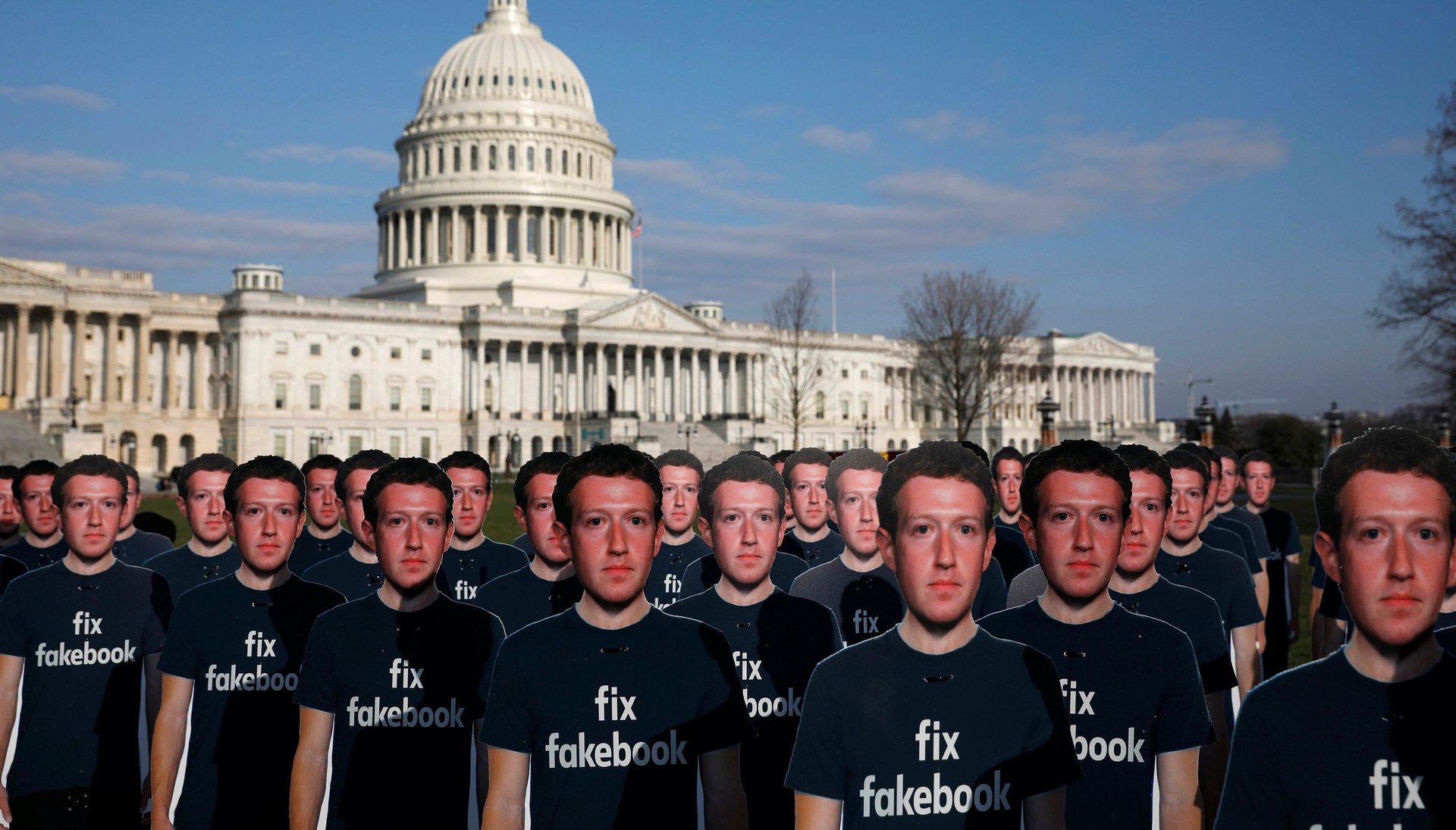Do we have a moral obligation to quit Facebook?
I have criticized Facebook a lot. I’ve even called it “evil.” But I still have an account.


I have criticized Facebook a lot. I’ve even called it “evil.” But I still have an account.
My reasoning was that the harm Facebook did to the world was primarily on an individual, rather than societal, level. Thus, the social media giant’s badness could be mitigated through individual effort. Facebook might make people lonelier, or more vain, or more likely to stare mindlessly at computers for hours, but I could avoid these pitfalls by limiting and controlling my usage.
Increasingly, though, it’s impossible to ignore the reality that the harm Facebook causes is not just to individuals, but to entire systems, including those critical to the functioning of society—from political campaigning to the dissemination of information to the way we interact with one another. In 2018, the Cambridge Analytica scandal prompted a lot of people to consider deleting their accounts. This week’s New York Times investigation (paywall), into the disagreeable methods the company’s leadership used to save face amid public crises, will lead even more to do so.
Add to this the fact that Facebook’s power lies in the data it collects from users like you and me, and it turns out that quitting Facebook is more than just a way to make yourself feel better—it is a moral imperative.
It’s true that most of the blame for Facebook’s wrongdoing should be laid at the feet of Facebook executives. The Times investigation shows that even as leaders like Mark Zuckerberg and Sheryl Sandberg have touted their platform as a force for good over the past two years, they’ve kept quiet about Russian interference in the 2016 election, lobbied to shift criticism of social media onto Facebook’s competitors, and even paid a third party to discredit its detractors as anti-Semites. This puts the lie to the narrative these executives have long stuck to: Namely, that Facebook’s missteps have been the result not of malintent, but of the thing simply growing faster than they could keep up with.
But we are all a little bit complicit. Facebook’s influence comes from the fact that the 2.2 billion of us who still have accounts have made a deal with the company: Take our data in return for a free, reliable source of dopamine. The resulting trove of personal information is what enables Facebook to empower advertisers to target “Jew haters;” to accidentally turn this data over to political campaigns and hackers; and to pay for the lobbyists who try to make all this look less bad than it is.
Maybe we are all “dumb fucks” for making this deal, as 19-year-old Mark Zuckerberg referred to the Harvard students who willingly handed their data over to Facebook in its early days.
I’m fine being dumb. Being involved in evil is harder to stomach.